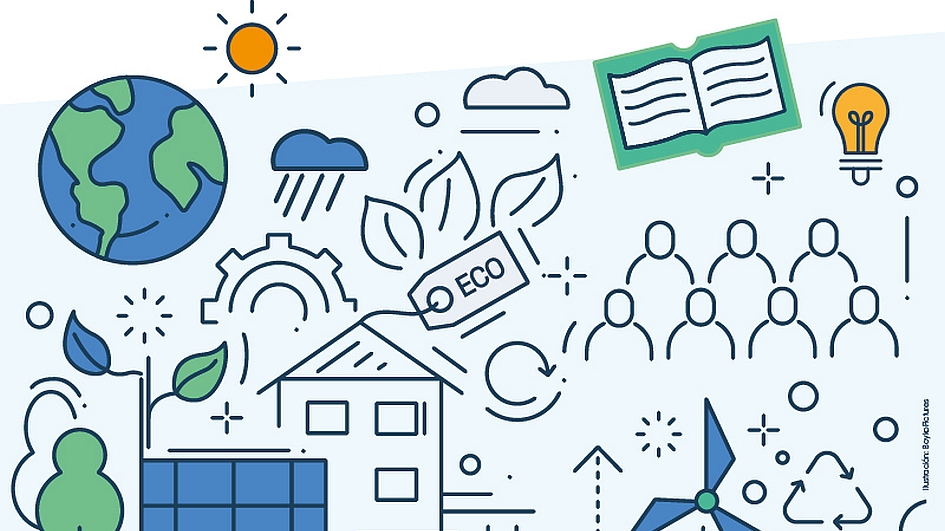Climate change is a global challenge that can only be overcome if we work together to turn the tide. A fundamental grasp of science and technology is essential for understanding the changes we face and for developing solutions to deal with the effects of climate change.
The two-day conference brings together speakers and participants from all over the world, including Costa Rica, Germany, Mexico, Colombia, Uruguay, Argentina, and Chile, in addition to representatives from international organizations such as UNESCO and the International Development Bank. Discussions and presentations will focus on exchanging goals and experiences relating to climate education, establishing networks, and creating future educational opportunities. Everyone attending the conference agrees that climate change education is worthy of permanent inclusion in curricula around the world.
The Office for Climate Education (OCE) has made important contributions in this regard. The international initiative creates teaching materials on climate change in four languages so far (English, German, French, and Spanish). The materials are free and available worldwide. OCE bases its work on reports from the Intergovernmental Panel on Climate Change (IPCC). OCE was founded by the La main à la pâte (LAMAP) foundation in Paris. Siemens Stiftung is among OCE’s cooperating partners, particularly in countries where the Munich-based foundation is active. Most conference attendees are therefore active in STEM education and have years of experience in working with established transregional and cross-sector networks in “STEAM Territories.”
These networks offer a valuable hands-on setting for quickly establishing climate change education policy that meets the needs of Latin America.
Following the conference, a three-day workshop with guest professors from the region will take place in Santiago. The workshop will provide professors with methods for explaining climate change, equip them with teaching tools, and turn them into multipliers carrying key messages from the conference. This will also assist in creating a strategy ahead of COP25.
The conference was organized collaboratively by Universidad de Chile, CR2, Siemens Stiftung, Relab, and OCE. It was led by a commission of representatives from Chile’s Education Ministry, Environment Ministry, Foreign Ministry, academic institutions and universities, and other NGOs.



